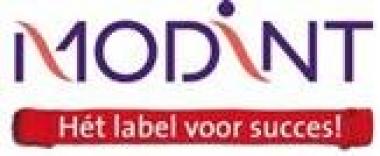NCTO Supports Administration’s Proposals on Economic Stimulus
NCTO Supports Administration’s Proposals on Economic Stimulus in Coronavirus Response; Rejects Importer Attempts to Remove China 301 Tariffs on Finished Products
The National Council of Textile Organizations (NCTO), representing the full spectrum U.S. textiles from fiber through finished sewn products, issued a statement today welcoming the Trump administration’s proposals on an economic stimulus package to gird the economy against the impact of the coronavirus outbreak. But the organization urged officials to reject any attempts by importers to remove China 301 tariffs on finished products as part of any relief package.
“The president has outlined the need for a broad economic stimulus package that would include various tax incentives to help impacted industries and workers. We support the administration’s efforts to bolster the economy as a response to the coronavirus outbreak, while opposing add-ons to any stimulus package designed to exploit the crisis,” said NCTO President and CEO Kim Glas.
As part of a Phase One deal with China, the administration reduced duties on finished apparel and textile products implemented on Sept.1 from 15 percent to 7.5 percent.
Finished apparel, home furnishings and other made-up textile goods equate to 93.5 percent of U.S. imports from China in the sector; while fiber, yarn, and fabric imports from China only represent 6.5 percent, according to government data.
National Council of Textile Organizations









